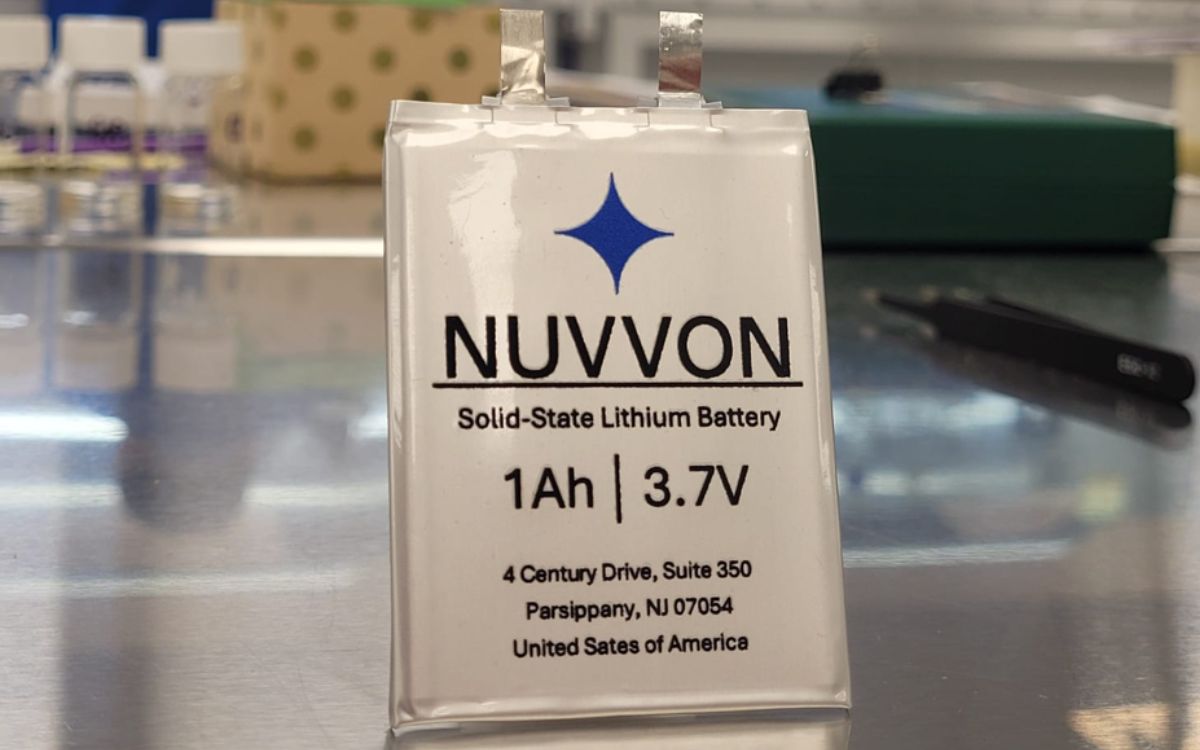Italian engineering company STC completed the technical documentation in September needed for construction of a battery recycling plant in Romania.
The documentation is required for the European Union’s integrated pollution prevention and control regulation (IPPC) authorisation for the construction of a hydrometallurgical plant. Monbat Recycling, part of Bulgaria’s Monbat group, will implement STC’s Lead3 technology at the facility.
STC’s commercial director, Alberto Bergamaschini, told BEST the first industrial plant is the Monbat facility in Bucharest, Romania. In parallel with the IPPC request for the Lead3 technology, Monbat is seeking authorisation to implement its U4lead technology for the desulphurisation of lead paste in the same plant and in its facility in Serbia.
Lead3 is the brand of an experimental batch of starter batteries produced with STC’s hydro-metallurgical lead oxide regeneration technology. The batteries have a 60 Ah capacity and contain the nanostructured oxides recovered from exhausted lead-acid batteries and directly recycled without involving pyrometallurgical processes (metal and oxide).
Both factories will have capacity for 10,000 tonnes per year of lead oxides.
Bergamaschini said between 2022 and 2023, STC carried out the revamping of all the Monbat Recycling sodium sulphate crystallisation plants. This transformed them into mechanical vapour recompression crystallisers.
This allows a saving on natural gas consumption of approximately 5 million Nm3 and a reduction in CO2 emissions of some 3,000 tonnes per year, he said and added: “Monbat and STC’s hope is to have the necessary authorisations by 2024.”
The investment would allow the production of around 20,000 tonnes of oxide for self-use in the Monbat battery production, he said.
The Lead3 process allows operational savings in the oxide supply chain to allow a quick payback of the investment. Bergamaschini declined to specify costs involved.
Photo: Lead oxide regeneration pilot plant. STC












